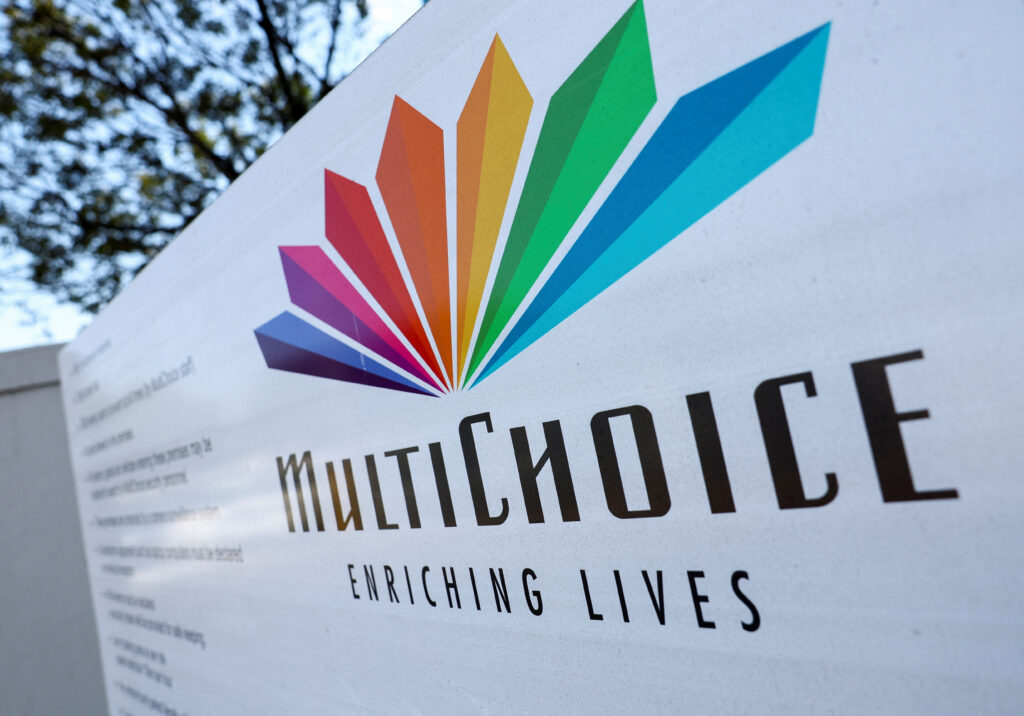You can also listen to this podcast on iono.fm here.
SIMON BROWN: I’m chatting with Abrie Rautenbach, executive for Absa AgriBusiness. Abrie, appreciate the time. Farming is tough. We’ve got climate change, we’ve got disease, we’ve got pricing; and we’ve now got tariff uncertainty.
Probably the best way to do this is to start with tariffs. How are these tariff issues influencing financial decisions and strategies in the agricultural sector?
ABRIE RAUTENBACH: Hi, Simon. Thank you for having me, and thank you for the opportunity. I think, Simon, if we can get back – because I think the most current thing at the forefront of our minds are the tariffs at the moment. We’ve seen a number of our sectors that actually are exporting, and I guess it all starts with the Liberation Day tariff announcement. So it is really around the US and how they disrupted this playing field at the moment.
I would like to start by saying it is fairly important for us to maintain shelf space in the US. We’ve seen with Covid once you’re not in a market you start losing that shelf space, so it is fairly important that we maintain that status. Citrus is at the forefront; we are busy with the season at the moment. It was part of Agoa; Agoa is not in existence anymore. So there’s first a 30% tariff, now down to 10%. We’ve got until the 9th of July, probably, to export still under this 10% tariff. And it’s only the Western Cape that can export, owing to diseases. So it’s really a Western Cape play at the moment.
And at the moment we’ve seen in the press South Africa is making ready to engage the US government. I think the fortunate thing is when we are in production they do not have citrus, so we’re not competing with anything that they can manufacture or produce locally.
But we also realise that when you go into these discussions with the US, you’ll have to bring something. It’s a give and take. High on the agenda are pork and poultry. I think they would like to export those to us. So it is a complex calculation, because we would like to protect our local industries. I think food security is of the utmost importance, especially when stuff is so uncertain as it is at the moment.
So hopefully we’ve got a strong enough delegation to negotiate with the US and, even if it’s a quota that we can get for citrus, that would be great. But I do think it is fairly important that we remain or keep that shelf space at 30%. The question is how much the consumer in the US would be able to absorb, because their prices would increase and there’s going to be a point where they’re going to go for alternatives.
So our sense is that if we get back to a 30% tariff, the value chain would have different spots in that value chain. We would try and absorb some of those increases, but hopefully we don’t get to that. That would be first prize for us.
SIMON BROWN: I get your point in particular about being on the shelves. That’s so hugely important. And 10% is manageable, 30% is a different game.
You mentioned diseases there – citrus diseases, avian flu, foot and mouth. How does the sector try and sort of build financial resilience to mitigate them? These are I don’t say common occurrences, but they are a part of farming in many cases.
ABRIE RAUTENBACH: Yes, Simon. And I think in international trade non-tariff barriers are also being used. Visas are being used. We’ve seen that in the EU where they demand certain protocols for our citrus to get there. We think it’s unnecessary, and for the first time actually at the World Trade [Organisation] we’ve lodged a dispute and we had the World Trade Organisation trying to resolve that.
But I think if you just cast back – and let’s start with the human disease Covid – diseases are becoming more pertinent, becoming extremely important. Our advice is always that we’ve got good structures in South Africa; we’ve got a good agricultural sector. So we’ve producer organisations that first and foremost do some research. We’ve got the chemical companies that also do research. We’ve got biotechnology in terms of seeds and fixing some of those, making them drought-resistant or disease-resistant.
But to the point is that you need to belong to your producer organisations because they are actually lobbying for you and they are picking up the bigger issues and trying to solve for those issues by getting the right people around the table to discuss them and find solutions. So it’s definitely a risk at the moment that tariffs are on top of the list, but I guess once we sort that out there’s disease.
You’ve seen it in the US as well. They had bird flu, and egg prices are sky high. So it affects everybody and you need a proper functioning value chain, including the government, in terms of approving certain vaccines to be administered or certain products. And [there is the] private sector and the research, and then the farmers or the producers that can then apply it and make sure that [disease] doesn’t spread any further.
So it is complex. But yes, organised agriculture, that’s the way to deal through it. I think as a bank, we understand that agriculture got along over a deep cycle. So you need to be through thick and thin with clients. You can’t be in one year and out the next year. So it’s literally financing and supporting through the cycles to make sure. And again, bringing back food security is of the utmost importance.
SIMON BROWN: Yes. And I think a key point is it’s not just the farmer at the forefront of disease. There is support from government associations, as you say – the farmer industry and the like – and I think that’s hugely important.
We’ll leave it there. Abrie Rautenbach, executive for Absa AgriBusiness, I appreciate the time.
Listen to the full MoneywebNOW podcast every weekday morning here.

 1 week ago
1
1 week ago
1






















 English (US) ·
English (US) ·